Disha Quick Indian History for Competitive Exams Book PDF Download

Quick Indian History by Disha Publication pdf for Competitive Exams is the Best Book out there to prepare for various competitive exams such as Civil Services, Banking, Railways, UPSC & PSC exams, and Quiz Competition across India. It also serves a purpose for GD, Interview & Mains Exams.
Indian History by Disha Publication PDF
Indian History by Disha publication pdf will describe elaborately about Indian History. If you take Indian History, it is impossible to cover all Historical events in a single Book. But, if you are preparing for competitive exams such as SSC, Railways, Banking, etc this Disha Indian History pdf book is more than enough.
In quick Indian History Disha pdf Book Indian History is divided into three Part wise
1. Ancient History of India
2. Medieval History of India
3. Modern History of India
Download Disha’s Best Selling e-Book Quick Indian History to prepare for Competitive exams. This book is mainly useful for UPSC/ SSC/ State PCS/ Banking/ Insurance/ Railways/ BBA/ MBA/ Defence.
Quick Indian History PDF Download
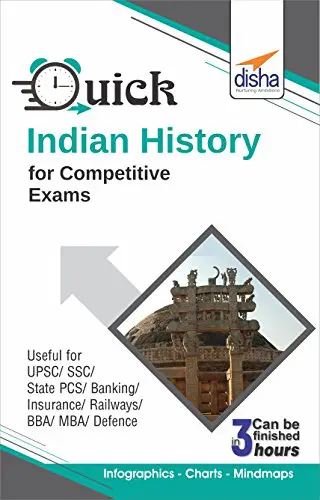
Quick Indian History is one of the Best Quick Revision Books for History and can be finished in just 3 Hours. Best Buy these Quick Books by Disha and start your preparation even a month before Exam commencement.
Book Details:-
| Book Name: | Quick Indian History Book |
| Author/Publisher: | Disha Publications |
| Language: | English |
| No of Pages: | 68 Pages |
| File Type: | PDF (Downloadable) |
| File Size: | 10.3 MB |
Download Quick Indian History Book in PDF format to get success in the upcoming Competitive exams.
[su_spacer][su_divider top=”no” size=”1″]
TABLE OF CONTENTS
SECTION-A: ANCIENT HISTORY OF INDIA
1. Sources of Ancient Indian History
Religious literature, Brahmanas and Vedic Literary Source, The Brahmanas, The Upanishads, wedangas, Sutras, Smritis, Puranas, Mahakavya, Darshars, The Upavedas, Buddhist Literature, Jain Literature Non-Historica
Sources; Arthashastra, Mudrakshasa, and other books, Historical Literature; Rajtarargini, Ramcharitam, Sangam literature, Sangam epics, Sangam literature and its Author, Archaeological sources; Excavations, Coins, Famous inscriptions, Famous Ancient Monuments, Same Important Literature/ Books, Accounts of Foreign Travellers and Writers.
2. Pre-Historic Period
Pre-Historic era, Stone Age, Paleolithic Age, Mesolithic Ags, Neolithic Age, Prehistoric Rock Art, Chalcolithic (Bronze) Age, Types of Pottery, Iron Age, Some historic sites, and their nature
3. Indus Valley Civilization
Discovery, The Geographical Extent, Origin of Harappan Civilization, The Makers and People of Harappan Civilization, Indus Valley Civilizations: at a Glance, Main Sites of Harappan Civilization, Basic Features of Indus Valley Civilization, Language Script, Links with other Civilization, Decline of Indus Civilization, Survival and continuity of Indus Civilization.
4. The Vedic Age
Coming of the Aryans, Theories Related to the Ancestry Aryans, wavers, and Expansion of Aryans in India, Vedic Rivers, Rigvedic /Early Vedic polity, Some words mentioned in Rigveda, Early Vedic Economy, Condition of
women, Religion in Early Vedic Period, important Vedic Gods. Later Vedic Period; Geographical Expansion, Education, Political organization, Kingdoms of the Later Vedic Period, Later Vedic Economic Condition, Social life, Types of Hindu marriage, The Sixteen Hindu samskara, Religious Scene, Differences: Appendix Harappan and Vedic Culture.
5. The emergence of Mahajanpadas and Magadha
The emergence of Mahajanpdas, Development of Mahajanapadas, Political life, Economic life, Social life, Causes for the Rise of New Culture and Religions, List of Mahalanpadas, Important Republics, Emergence of Magadha, The Haryanka Dynasty, The Sisunaga Dynasty, The Nanda Dynasty, Various Irvasiars, Alexander’s Invasion, Chronology of Foreign Invasion.
READ MORE: Indian History & Administration of Tamilnadu PDF Download
6. Religious Revolution
Socio-Economic Development, Jainism, Life of Vardhaman Mahavir, Teachings of Mahavir, The Principles of Jainism as Preached by Mahavira, Development of sects in Jainism, Jaina Philosophy, Jaina councils, Three gems of Jainism, Jaina Literature, Spread of Jainism, Decline, Impact of Jainism, Jaina Architecture, Kings/Dynasties who Patronized Jainism. Buddhism; Life of Gautam Buddha, Teachings of Buddha, The Concept of Nirvana, Sects in Buddhism, The Buddhist councils, Buddhist Philosophy, Prominent Buddhist literary works, Famous Buddhist Scholars, Contribution of Buddhism, Spread of Buddhism, Reasons for Rapid Growth of Buddhism, Difference Between Jainism and Buddhism, Decine of Buddhism, Hindu Revivalist movement, Vaishnavism or Bhagavatism, Vaishnavism in South India, Shaivism, Shaivism in South India, Shaivism in Kashmir, Tantrikism
7. Mauryan Empire
Source of Mauryan Age, Origin of Mauryas, Chandragupta Maurya, Bindusara, Ashoka, Ashoka as a Buddhist, Ashoka’s Contemporaries, Post Ashoka Period, Dedine of Mauryan Empire – Different views, Mauryan
Administration, Religious condition, industry, and trade. Mauryan Art and Architecture, Different Opinions of causes for Decline of Mauryan.
8. Post Mauryan Period
Sunga Dynasty, Kanva dynasty, Satvahana dynasty, Invasions from Central Asia, The Kushanas, Kanishka, Art and Architecture, Schools of Art, Impact of Central Asian Contact, Oiffererces between Hinayana and Mahayana,
9. The Sangam Age
The Sangama era/age Sources, The Early Kingdoms; The Cheras, Chola Dynasty, The Pandyas, Some famous Sanga rulers, Literature of Sangam Age, Five Fpics, Sangam polity, Social life, Economy, Religion, Art and Architecture.
10. The Gupta Empire
Rise of the Guptas, Sources of Gupta Rule, Gupta’s Inscriptions, Rulers of Gupta empire, Titles adopted by Gupta kings, Decline of Gupta Empire, Gupta Administration, Important Officials at the central level, Gupta Economy. Religion, Social life, Art and Architecture, Literature, Important literary works during the Gupta Period, Science and Technology
11. Post Gupta Period
Hunas, Maukharis, The Maitrakas, The Guptas, Pushya Bhuktis/ Vardhan as of Thaneswar, Gurjara- Pratiharas, The Palas, Tripartite Struggle, The Rajputs, Important Literary works, Rajput Society, Art & Architecture, Senas, Chandela’s of Juakbhukti, The Paramaras, The Solankis, The Tomars of Delhi, Var man Dynasty of Assam, The Gahadavalas of Kannauj, The Chahamanas, Kalachuri of Tripuri.
12. South India
The Vakatakas, The Chalukyas, The Pallavas, Struggle between the Pallavas and Chalukyas. Rastrakutas, The Hoyasalas, The Yadavas, The Kakatiyas, The Kadambas.
SECTION-B: MEDIEVAL INDIA
1. Arab and Turkish Invasions In India
The Arab Conquest of Sind, Turkish invasion, Mahmud Ghazni’s Invasion, Mohammad Ghori’s Invasions on India Arab’s Failure in India, Impact of Arab’s Rule in Sindh, Alberunl’s Writing
2. The Delhi Sultanate
Foundation of Delhi Sultanate, The Background of Delhi Sultanate, Dynasties of Delhi Sultanate, The slave
Dynasty, Turkan-i-chahalgani, The Khilji Dynasty, Conquests of Alauddin Khilji, Ala-ud-din’s clash with Mongols. Administrative reforms of Ala-ud-din, Market, control and Economic Reforms, The Tughlaq Dynasty, Sayyid
Dynasty, Lodhi Dynasty, Mongolian Invasions During Delhi Sultanate, Administration of Sultanate, Economy in sultanate period, Social life During Sultanate, Literatures of Delhi Sultanate, Architecture of Sultanate Period,
Technological Changes during the Sultanate Period, Development of Music, Downfall of Delhi Sultanate.
3. Rise of Regional Kingdoms
Khandesh, Bengal, Gujarat, Malwa, Mewar, Kingdom of Kanpur, Kashmir, Kamrupa, Regional Kingdoms at a glance
4. Vijaynagar & Bahmani Empire
Origin of Vijay Nagar Kingdom, Vijay Nagar Dynasties, Sangama Kings/Dynasties, Source of Vijay Nagar Empire, Saluva Dynasty, Tuluva Dynasty, Krishnadeva Raya’s Astha diggajas. Battle of Talikota, Aravidu Dynasty, Foreign Travellers who visited Vijaynagara Empire, Vijay Nagara Administration, Important posts in Vijaynagar Administration with their work, Vijay Nagar Society, Economic Conditions, Architecture of the City of Vijaynegar, The Sacred Center in Vijayanagara, Bahmani Empire, Famous Rulers, Administration Scholars of Bahmani Kingdoms, Independent Kingdoms of Deccan.
5. Sufi and Bhakti Movement
The Sufi Movement, Sufismin India, Sufi Orders, Different Sufi orders and their Founders, The leading Sufi Saints Importance of Suf Movement, Hindu impact on Sufis m. Bhakti Movement, Reasons for its Emergence, Shaivism,
Vaishnavism, Nirguna Saints, Saguna Saints, Advaitavad, Vishistadvaita of Ramanuja Charya, Marathi Saints.
6. The Mughal Empire
Major Events during the Mughal period(1526-1528), Socio-Political Conditions in India during the advent of Mughals. Emperors of Mughal Dynasty, Babur Expeditions to India, Contribution of Babur, Sur Empire & Shershah, Akbar’s Conquests. Religious Thought of Akbar, Din-I-Lahi, Akbar’s Nine Ratnas, Major Events during the reign af Akbar,
Akbar’s Rajputs Policy, Conquests of Jahangir, Rebellion by Prince Khuram and Mahahat Khan, Measures taken by Jahangir, conquests of Shahjahan, Conquests of Aurangzeb, Expansion in Decran, Sikh Revolt, Titles given by
Mughal Ruler, Aurangzeb’s Socio-Religious Policy, Mughal Administration, Officers of Mughal Empire, Mughal Administrative Units and Its Incharge, Departments under Mughal Empire, Provincial administration, Jagir
system, Mansabdari System, Land Revenue Administration, Economic and Social Developments Economic and Social Developments during the Mughal Period, List of Foreign Travellers who came to India during Mughal Period
Arts and Culture during the Mughal Period, Books of Mughal Period, Causes for the Decline, Prominent Medieval Buildings, Translation of Famous Sanskrit Texts in Persian in Medieval India, Indan Scholars of Medieval Era & Their Books. Famous Persian Historians in Medieval Period.
7. The Marathas
Shivaji, Shivaji’s Administration, Shivaji’s Ashtapradhan, Treaties of Maratha Empire, successor of Shivaji, Peshwar, Maratha Administration under Peshwa, Anglo-Maratha war, Causes of Marathas Defeat in Anglo-Marathe war, Third Battle of Panipat, Maratha Freedom Struggle.
8. The emergence of Sikhism & Sikh Empire
The Ten guru of Sikh, Guru Granth Sahib, Militarization of Sikhs, The Khalsa, The Five Ks, Sikh Empire, The Sikh Army, The Twelve Sikh Misis, Anglo-Sikh war, Sino-Sikh war.
SECTION-C: MODERN INDIA
1. Decline and Disintegration of the Mughal Empire
Later Mughals, Rise of Independent states in 18 Century, Hyderabad. The Camatik, First Carnatic war, Second Carnatic war, Third Carnatic war, Bengal, Awadh, Mysore, Anglo Mysore Wars. The Rajput kingdoms, The Jats,
Bangash and Rohelas
2. The arrival of European Powers and Their Expansion in India
The Portuguese, Portugues Govemars, The Impact of Portuguese cases for Decline of Portuguese, Portuguese in Bengal, The Dutch, Dutch Settlements in India, The English, The Danes, The French, French Governors, Expansion
of British Power in India, Bengal in 18th Century, English Settlements in Bengal, English Trade Dominion, Nawabs of Bengal, Capture of Calcutta, Battle of Plassey, Consequences of the Battle, Battle of Bucar, Treaty of Allahabad, The Dual Government of Bergal, Arglo-Nepalese war, Ango-Burma Relation, Anglo-Afghan Relation, Anglo-Tibetan Relations, and war.
3. Administration and Economy Under the Company Rule
The Regulating Act, 1773, Pits India Act, 1784, Administrative Reforms, The Charters Act of 1813, The Charter Act, 1833, The Charter Act of 1853 The Government of India Act, 1858, The Indian Council Act, 1861, The Indian Council Act, 1892, The Indian Council Act. 1909, Indian Press Act, 1910, The Government of India Act, 1919. The Government of India Act, 1935, Independence Act, 1947, Subsidiary Alliance, Doctrine of lapse, Foundation of Different Kingdoms and their annexation, Economic Impact British Rule, Decline of India’s trade and commerce, Transformation of Indian Economy into Colonial Economy. The Stages of British Colonialism, Land and Tenure System in India, Permanent ar Zamindari System, Ryotwari System, Mahalwari System, Impact of Land tenure System
4. Peasants, Workers, Civil & Tribal Movements
Sanyasi Revolts, Fakir Uprising, Pagalpanthi Revolt, Faraizi Revolt, Kuka Revolt, Chuar Rebellion, Kal Rebellion, Santhal Hul, Munda Ulgulam, Tribal Revolts, Ahom’s Revolt, Khand Uprising, Indigo Revolt or Blue Rebellion, Khasi Uprising, Pabra Uprising, Movements of Frontier Tribes; Mopla Revolt, The Trade Union Movement, Ahmadabad Mill Strike, Kheda Satyagraha
5. The Revolts of 1857
The 1857 Revolt, Causes of the Revolt, The Beginning and Spread of the Revolt, The leaders and Centers of the Revolt, Failure of Revolt, Effects of Revolt, Views on the Revolt of 1857, Important Books on 1857, Nature of the
Revolt
6. Socio-Religious Reforms Movement
Factors giving Evolution of Desire for Reform, Various Sodo-Religious Reform Movement, Rai Ram Mohan Roy, Paramhansa Mandali, Prathana Sabha, Arya Samaj, Ram Krishna Paramhansa, Swami Vivekanand, Ram Krishna Math, and Ram Krishna Mission, Ishwar Chandra Vidyasagar, Bamkim Chandra, Jyotirao Govindrao Phule, Theosophical Society, Young Bengal Movement, Gopal Hari Deshmukh, Nair Movement, Self-respect Movement, Justice Movement, Nadar Movement, Sri Narayan Guru Dharma Paripalasa Movement, Vaikkom Satyagraha, Mahar Movement, B.R. Ambedkar, Hindu Reform Movements of Modern India, Muslim Reform Movement of Modern Inda, Efforts to abolish the System of Child Marriage.
7. Rise of Press and Education in India
The History of Press in India, Paper/journal and its Founders, Censorship of Press Act, 1799, The Licencing Regulations, 1823, The Liberation of Indian Press, 1835, Licensing Act, 1857, Registration Act, 1867, Vernacular Press Act, 1878, The News Paper Act, 1908, Indian Press Act, 1931, Press Act, 1951, Education System in India; Lord Macaulay’s Education Policy, 1835, Wood’s Dispatch (1854), Hunter Commission, Raleigh Commission, and the Indian Universities Act, 1904, Sadler Commission, Hartog Commission, The Wardha Scheme of Education 1937, Radha Krishnan Commission, University Grants Commission, Kothari Education Commission, New Education Policy, 1986
8. Governors of Bengal, Governor-Generals of India and Viceroys
The governors of Bengal (1757-1772), governors-General(1773-1857), Viceroys of India(1858-1547), Governor-Generals of Free India(1947-50) List of Various Reforms and Acts during British India
9. Indian Freedom Struggle
Rise of Nationalist Movement, Rise of Political Association (up to 1885), Political Association in Bambay, Political Associations before the Indian National Congress, Indian National Congress (INC), Sessions of Indian National Congress, Role of Congress, The Moderates, Main objectives and demands of INC (1885-1905), Rise of Extremism, Indian Revolutionary Organization (India), Indian Revolutionary (Abroad), Partition of Bengal, Major Movements, Acts, Commission and Parties, Foundation of Muslim League, Morley Minto Reforms, Communalism, World War I and Indian Nationalism, The Home Rule Movement (1915), Lucknow Pact, 1916, Revolutionary Everts/Cases.
10. The Gandhian Era
Titles of Gandhi, Beginning of the Gandhian Era, Advent of Gandhi in India, Champaran Satyagraha, 1917, Ahmedabad Textile Mill Issue, 1918, Kheda Satyagraha, 1918, Rowlatt Act, 1919 Jalliamwala Bagh Tragedy and its
Aftermath, Khilafat and Non-cooperation Movements, The Swaraj party, Bardoli Satyagraha, Simon Commission, Nehru Report, Lahore Session of Congress, Dandi March, The First Round Table Conference, Civil Disobedience Movement, Jinnah’s Fourteen Points, Communal Award, Poora Pact, Provincial election, The August offer, 1940, The Individual Satyagrahis, Cripps Mission, Quit India Resolution, Subhas Chandra Bose and INA, C.R. Formula, Wavell Plan, Simla Conference, Cabinet Mission, Direct Action Campaign, Interim government, Constituent Assembly, Declaration of Atlee, Mountbatten Plan, Constitution of India and Pakistan, Indian Independence Act of 1947, Famous Personalities of Indian Freedom Struggle.
11. Separates & Leftist Politics in India
Communal side-effects of Religious Reform Movement, New Hero-Myths and Communal overtones, Patronage in government: Services used to Faster Communalism, The Simla Deputation and Acceptance of the Principle
of Communal Electorates, Foundation of Muslim League, The Twa-Nation Theory and the Pakistan Movement, Hindu Mahasabha, Separate Electorate System, Nehru Report and communalism, The August offer, 1940, Cripps
Mission and Encouragement to Separatist forces, Wavell Plan and Communal Impasse, The Cabinet Mission and Communal Target, Direct Action, and Communal Riots, 1946-47, Attlee’s Statements; Divide & Quit Polity. Mountbatten Plan of Partition of India, The Indian Independence Act and Partition of India, The Left Movement, The Communist Party, the Congress Socialist Party, Minor Leftist Parties, The Forward Block, Revolutionary Socialist Party.
12. India After Independence
Integration of Princely states, FrenchandPortuguese Territories, Formation of states after independence, Boundary Commission under the Chairmanship of Radolfe, Non-Aligned Movement, The Principles of ancient India’s Relation with Neighbour Countries, Agricultural Policy: A Review, Zamindari Abolition, Movement, Planning for All-Round Developelopement.
[wptb id=12177]
Disha’s Indian History Book PDF
Quick Indian history Disha pdf by Disha Publication is well known and a much-esteemed Publication for competitive exams. They release SSC, Banking, Railways, UPSC, Defence, State PSC, MAT, CSAT, IIT-JEE, CTET & STET related Question Bank, and Previous Year Paper books every year with an update.
Book Details:-
- Name: Indian History compendium
- Published By: Disha
- Useful for Exams: UPSC, SSC, RRB & All Competitive Exams
- Format: PDF
- File Size: 1 MB
Disha’s Indian History Book pdf download is the Book to learn about the History of India that is helpful while preparing any general competitive exams & Quizzes. Everyone must know about their history to understand where we originate & how we evolve and survive in this changing world.
READ MORE: 6000+ MCQs of Indian History PDF Download
Search Terms: Quick Indian History Disha pdf, Disha Indian History pdf, Indian History by Disha publication pdf, the History by Disha publication pdf.
Useful Books for Competitive Exams
Best Books for Competitive Exams [PDF]
Disclaimer: Pavithran.Net doesn’t aim to promote or condone piracy in any way. We do not own any of these books. We neither create nor scan this Book. The Images, Books & other Contents are copyrighted to their respective owners. We are providing PDFs of Books that are already available on the Internet, Websites, and Social Media like Facebook, Telegram, Whatsapp, etc. We highly encourage visitors to Buy the Original content from their Official Sites. If any way it violates the law or if anybody has Copyright issues/ having discrepancies over this post, Please Take our Contact Us page to get in touch with us. We will reply as soon as we receive your Mails.
We Need Your Support. Please Share the Link if it is helpful to your Cherished circle



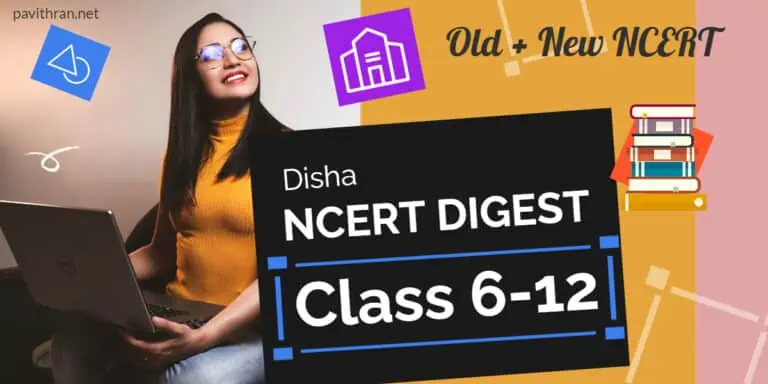
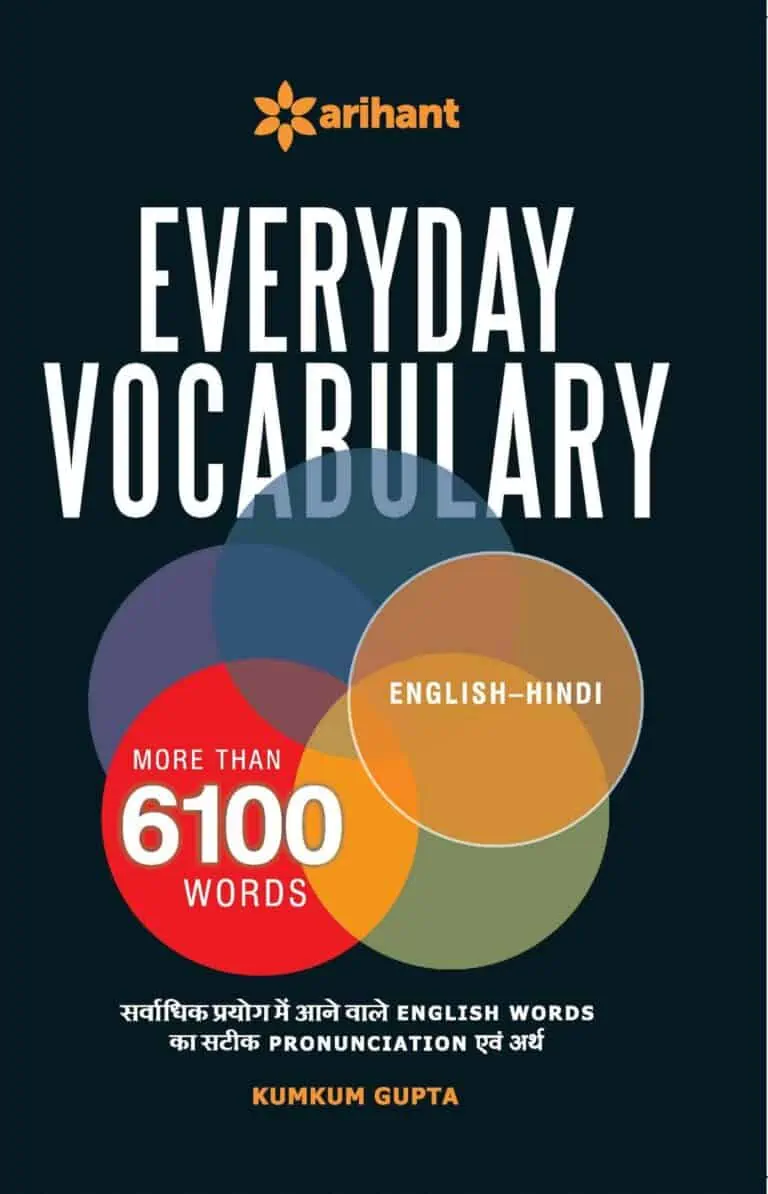
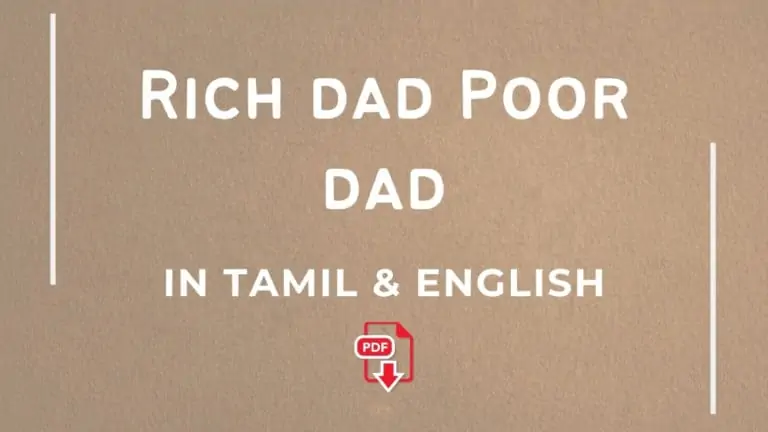

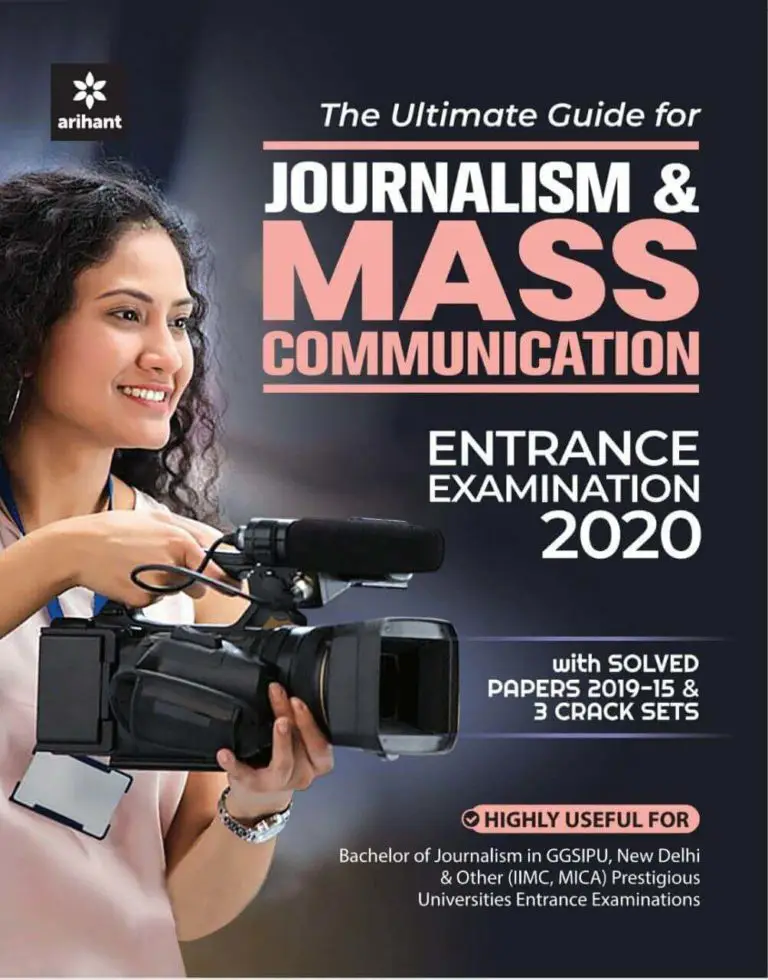
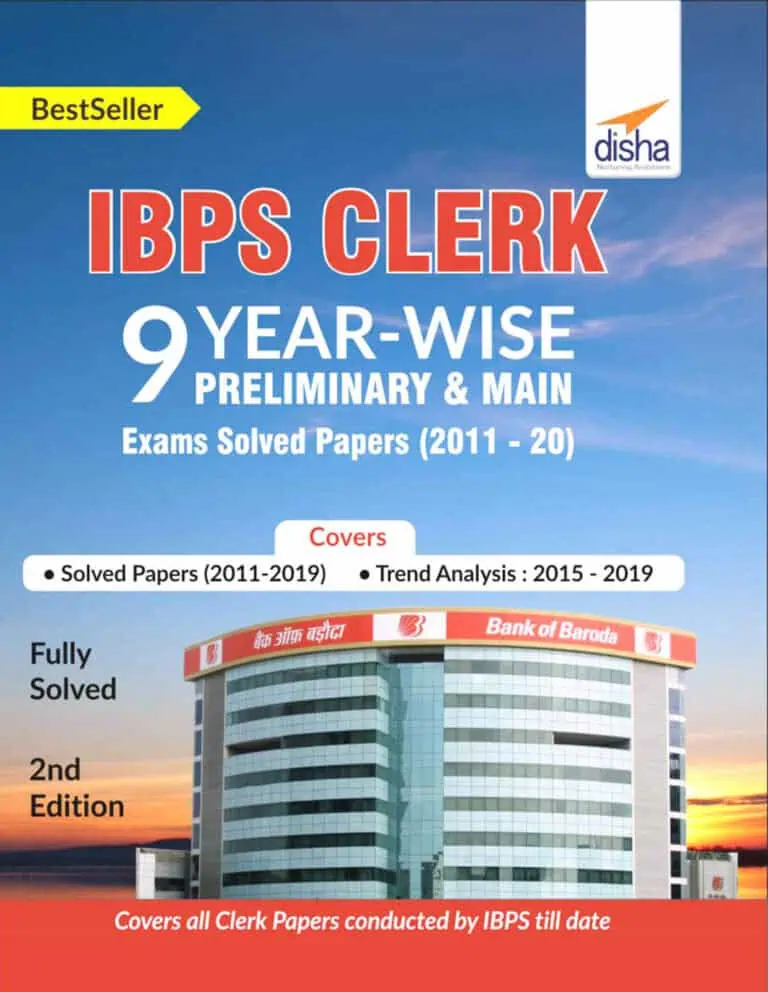
![80 Topicwise 2010 - 2025 SSC Mathematics, English, Reasoning & General Awareness Combo (set of 4 Books) Solved Papers - Disha [2025 Edition]](https://www.pavithran.net/wp-content/uploads/2025/02/80-Topicwise-2010-2025-SSC-Mathematics-English-Reasoning-General-Awareness-Combo-set-of-4-Books-Solved-Papers-Disha-2025-Edition-803x1024.webp)